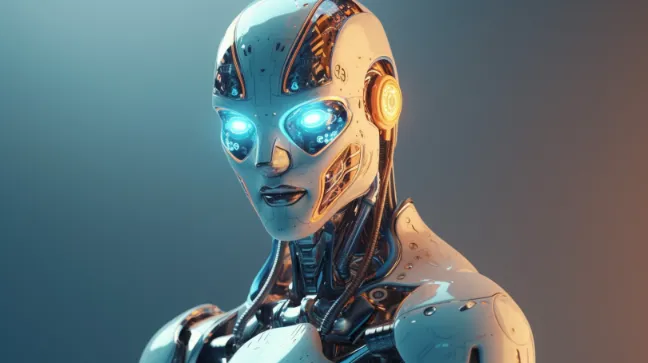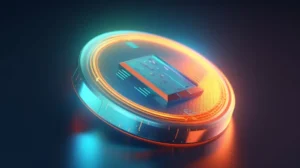Are AI Smarter than Humans?
AI, or artificial intelligence, is a rapidly evolving technology that simulates human intelligence and decision-making processes. It has numerous applications in various fields, including healthcare, finance, and transportation. With the increasing development of AI, the question arises: Are AI smarter than humans?
Introduction
AI is defined as the ability of machines to perform tasks that typically require human intelligence, such as visual perception, speech recognition, decision-making, and language translation. Its importance lies in its ability to automate complex processes, reduce errors, and enhance efficiency. However, the comparison between AI and human intelligence is a complex matter.
The Advantages of AI
The first advantage of AI is its speed and efficiency. Unlike humans, machines can perform repetitive tasks without getting tired or making mistakes.
AI can also operate 24/7, making it possible to complete tasks faster and more efficiently. Moreover, AI is highly accurate and precise, making it ideal for tasks that require a high level of accuracy, such as medical diagnosis and financial forecasting.
Finally, AI can handle large amounts of data, making it possible to extract valuable insights and patterns quickly.
The Advantages of Human Intelligence
Human intelligence has several advantages over AI. Firstly, humans possess creativity and innovation, which are essential for developing new ideas and solutions.
Secondly, humans have emotional intelligence and empathy, which allows us to understand and relate to others, making us better at tasks such as customer service and interpersonal communication. Finally, humans possess common sense and judgment, which are critical for decision-making in complex situations.
The Limitations of AI
Despite its advantages, AI has several limitations. Firstly, AI lacks creativity and imagination, making it difficult for machines to develop innovative solutions.
Secondly, AI cannot understand emotions and empathy, which means it cannot replicate human interactions or relationships. Finally, AI is dependent on programming and algorithms, which may limit its ability to adapt to new situations.
The Limitations of Human Intelligence
Human intelligence also has limitations. Firstly, humans have a limited capacity for processing information, which means we can only handle a certain amount of data at a time.
Secondly, humans are prone to errors and biases, which may affect decision-making. Finally, humans have a limited lifespan and physical abilities, making us less effective than machines in certain tasks.
Addressing Ethical Concerns and Impact on Society
PLEASE NOTE: It is important to critically analyze the impact of AI on society.
While AI presents numerous advantages and opportunities, it also raises concerns and ethical considerations. One major concern is the potential displacement of jobs as AI automation replaces certain tasks traditionally performed by humans.
This can lead to significant changes in the workforce and require us to adapt our skills and education systems accordingly. Additionally, there are concerns about the ethical use of AI, including issues of privacy, bias, and transparency.
It is crucial to ensure that AI systems are developed and deployed responsibly, with appropriate regulations and safeguards in place. By addressing these challenges and leveraging the strengths of AI while mitigating its risks, we can strive for a future where AI and human intelligence complement each other, fostering progress and improving the overall well-being of society.
Conclusion
In conclusion, AI and human intelligence have their advantages and limitations. While machines are faster, more accurate, and can handle large amounts of data, humans possess creativity, emotional intelligence, and common sense. However, collaboration between AI and humans is essential to maximize the benefits of both.
The future of AI and human intelligence is promising, and it is important to continue exploring and developing these technologies to create a better world.






